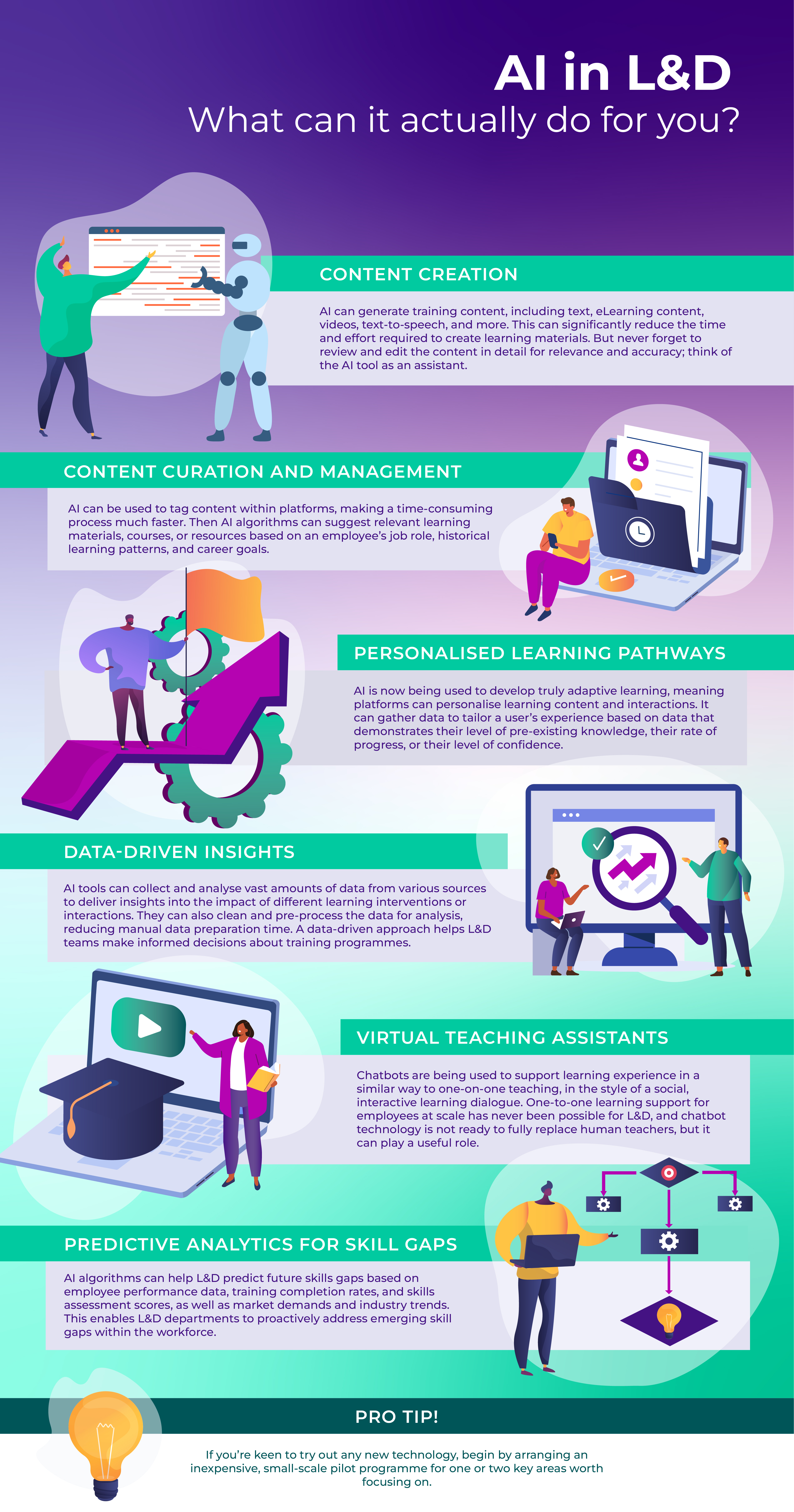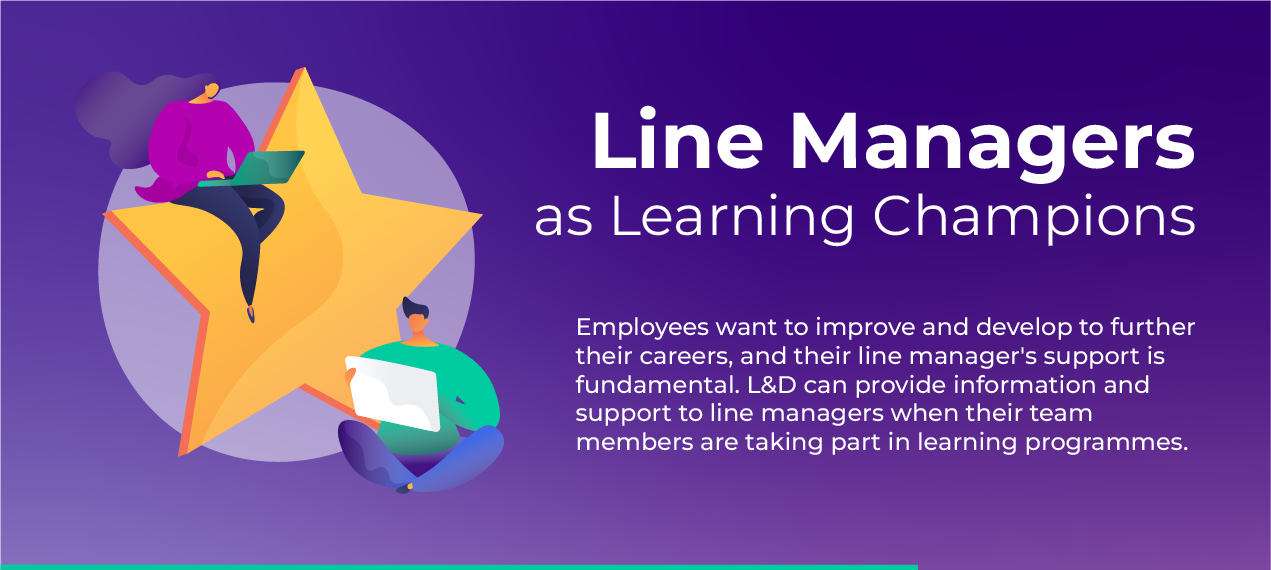What does the consolidation of employee technologies (let's call them all EX tech for simplicity's sake) mean for talent?
I am talking about my observations on reading the 'Fosway 9–Grid for Talent & People Success' released in November 2021.
Anyone working in the field of talent, specifically inside digital technologies (and who doesn't work in digital these days?), will pay close attention to the reports from the Fosway group. Their recently released grid has taken a bold step to merge previously distinct areas into a single grid.
To consider them all as related and comparable.
Upon first glancing at the grid, it might seem a stretch to have technologies like SumTotal, EdCast and WorkHuman on the same grid. However, taking the time to read the report, this consolidation is not only sensible but shows deep insight into how talent is changing.
Fosway speaks with credibility about how "the market is ripe for consolidation". That's a good observation and talks to the tension between the niche disrupters and the consolidation of the bigger players. This goes a long way toward explaining the appeal of the Degreed LXP as a unified EX platform; something that can pull together specialised niche systems from across learning content libraries to employee engagement platforms and present a single point of access to each worker.
I encourage everyone to read the full report. It's a solid piece of research with real actionable insights. But, I don't want to simply repeat what is in there already.
What I do want to talk about here is not the technology but rather what this implies for you, the reader of this report. That the audience – from Learning & Development, through Talent Acquisition and Reward and others – is one joined-up audience. What does this mean for the people delivering talent services to large organisations?
What interests me is what this consolidation implies for the people and teams working in Talent. Is your work so joined-up that tools you use to do that work, seemingly as far apart as micro-recognition platforms and compliance training systems, should be viewed together on a single plane?
As with many slow-burn transformations (the most apparent example begin Digital), the pandemic has put the pedal to the metal and accelerated change. People physically removed from their employer (remote working) can naturally become disengaged. This poses a risk to productivity (whether directly or indirectly) and to retention (they are more likely to seek opportunities elsewhere as moving is easier when done remotely and they can look farther afield geographically).
An effective response to this urgent demand to locate, acquire and retain top talent requires a holistic, coordinated approach. Joined up thinking right across the talent lifecycle.
My peers in Learning & Development will feel this change most keenly. L&D no longer has a special place inside an organisation as HR's ‘odd cousin’ and allowed special leniencies. Traditionally, L&D has perhaps had it easier with lower expectations on both measurement (beyond usage and compliance – both simple binary yes/no reports) and that it should speak strategically to the business performance of the organisation. Many functions have traditionally been 'ticket takers', creating courses in response to the demands of an organisation.
I've written about this before in my blog post “What CEO's really want from L&D” where I talk about some of the components of a talent development strategy. What I believed two years ago has accelerated dramatically since then. HR is at the fore of an organisation, and learning & development directors and CLOs have had to step up to take their seats at the top table.
This is no bad thing. Joined-up thinking gives learning leaders insight into the workforce they support. Partnering with colleagues across talent will reframe the workforce not as "learners" but as workers who need real support to do real jobs and as individuals looking to progress their careers. It will help make the effort of learning functions relevant to people's day-to-day work and thus boost engagement.
When we listen to our clients and wider debate across the sector, we know that a solid People strategy lends an organisation ‘gravity'. The pull to bring in great talent and keep them once acquired.
This requires joined-up thinking on our side. Individuals don't care if it is Talent Management or Talent Development offering them support – they just want to be effective in their work and for their environment to support that.
We see this in the projects we run today.
Content Libraries (like Percipio) 'front-ended' by a competency self-evaluation tool to curate content relevant to each individual. Learning campaigns with a focus on conversation and building professional networks as much as knowledge transfer. Training programs that begin with engagement stories to help motivation. Onboarding journeys that start when the contract is signed.
And, around all of this, the need for robust methods of engaging employees in these learning offerings with consideration of serving diverse, inclusive and equitable company cultures.
We're excited to be active across the full spectrum of talent and we hope you are too. You can find out more about what we have been up to here: https://www.tceg.com/work
Your eLearning design challenges
We'd love to hear from you. What are your main design challenges in eLearning - what has worked for you? Or, get in touch to see a preview of our eLearning content.








Was this article helpful?